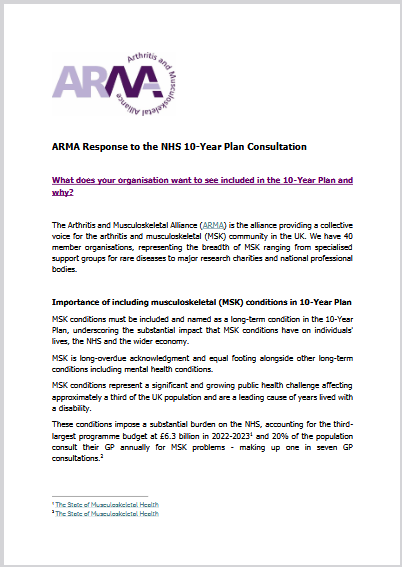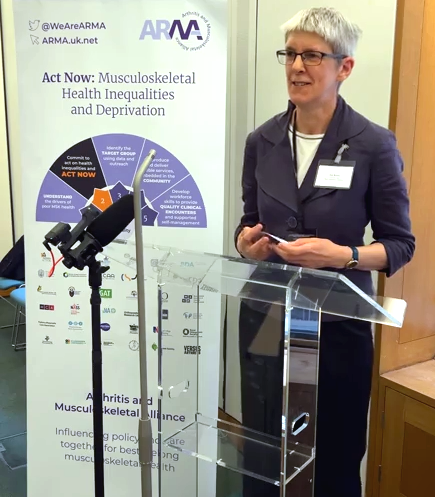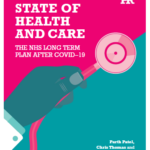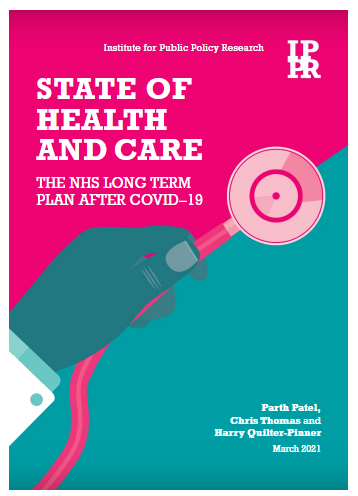 ARMA has submitted a response to the Government’s consultation on the NHS 10-Year Plan.
ARMA has submitted a response to the Government’s consultation on the NHS 10-Year Plan.
The submission was produced with ARMA members who gave their views in a series of meetings. The response calls for MSK conditions to have the long-overdue acknowledgment and equal footing alongside other long-term conditions and highlights the substantial impact that MSK conditions have on individuals’ lives, the NHS and the wider economy.
You can read ARMA’s submission here.






 Guest blog by William Pett – Senior Policy Advisor, NHS Confederation
Guest blog by William Pett – Senior Policy Advisor, NHS Confederation
 October saw the launch of a new National Academy for Social Prescribing (NASP), to champion social prescribing and the work of local communities in connecting people for wellbeing. Its objectives include exploring new ways of sourcing statutory and non-statutory funding and brokering relationships between different sectors. Given the prevalence of MSK conditions, it is important that social prescribing has something to offer for MSK.
October saw the launch of a new National Academy for Social Prescribing (NASP), to champion social prescribing and the work of local communities in connecting people for wellbeing. Its objectives include exploring new ways of sourcing statutory and non-statutory funding and brokering relationships between different sectors. Given the prevalence of MSK conditions, it is important that social prescribing has something to offer for MSK. Guest blog by Amanda Woolley, Policy and Implementation Lead for the Elective Care Transformation Programme at NHS England and NHS Improvement
Guest blog by Amanda Woolley, Policy and Implementation Lead for the Elective Care Transformation Programme at NHS England and NHS Improvement by Simon Chapman, Deputy Director, Personalised Care Group, NHS England.
by Simon Chapman, Deputy Director, Personalised Care Group, NHS England.

 Rheumatoid Arthritis (RA) is very much on my mind as I write this during RA Awareness Week. Yesterday I attended a roundtable discussing the NHS Long Term Plan (LTP) and RA. Rheumatology doesn’t get a specific mention in the plan, but there is plenty of content on related issues. There is mention of chronic pain, for instance, which is very relevant to ARMA and to RA. Access to integrated pain services is something ARMA members have identified as a priority following the publication of our
Rheumatoid Arthritis (RA) is very much on my mind as I write this during RA Awareness Week. Yesterday I attended a roundtable discussing the NHS Long Term Plan (LTP) and RA. Rheumatology doesn’t get a specific mention in the plan, but there is plenty of content on related issues. There is mention of chronic pain, for instance, which is very relevant to ARMA and to RA. Access to integrated pain services is something ARMA members have identified as a priority following the publication of our